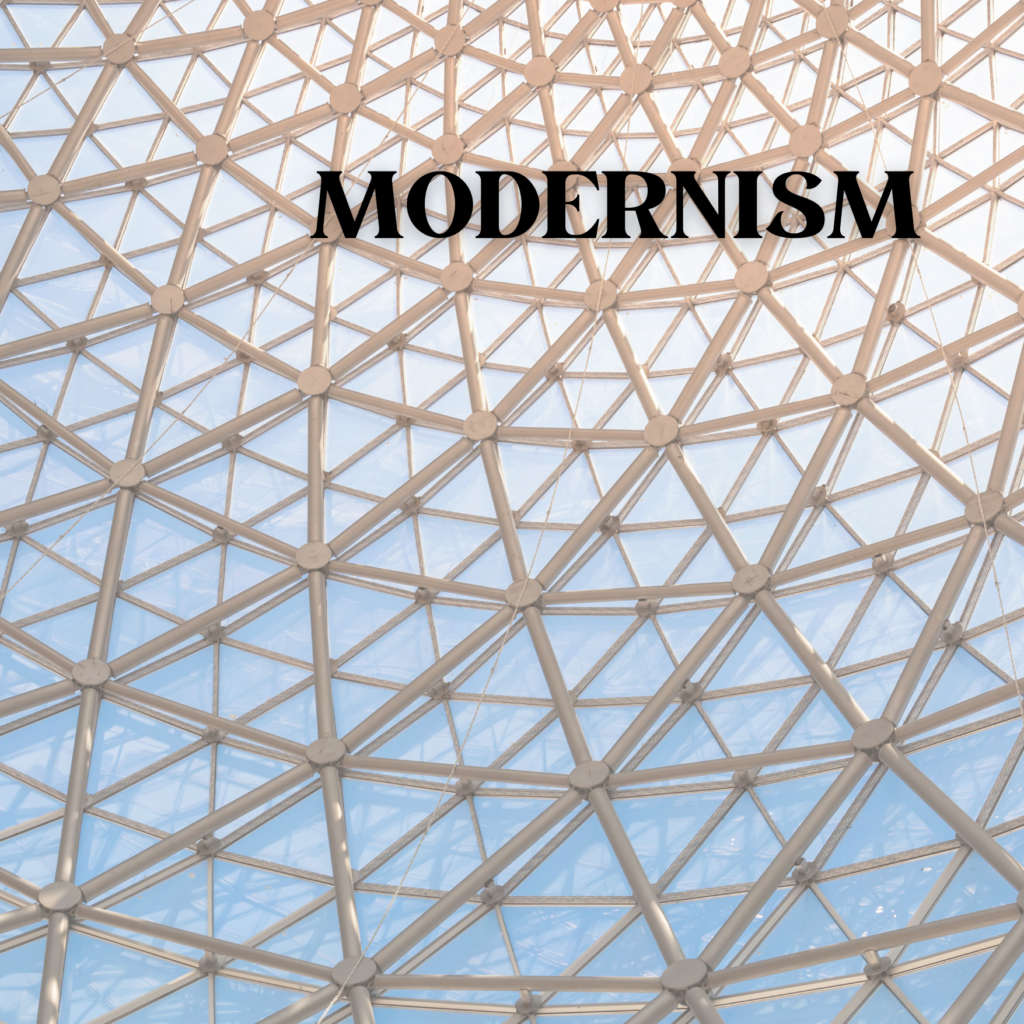
Teilhard and
the Modernist Crisis
by Thierry Magnin
Teilhard’s works start during what we call « the modernist crisis », a period of intellectual and cultural upheaval in the late 19th and early 20th centuries in Europe. During this crisis, the Church faced several challenges, including questioning from intellectuals and theologians, tensions between faith and reason, as well as challenges related to authority and the interpretation of Bible and doctrine.
The modernist crisis was influenced by various scientific developments, particularly those of the evolutionary theory, which challenged traditional views of the christian theology of creation, the understanding of humans origins and Man’s place in the universe, as well as the original sin and the biblical interpretation. The scientific method and empirical evidence became increasingly central to knowledge production, which challenged traditional sources of knowledge, including religious dogma, at the intersections of faith, reason, and scientific progress.
Moreover, atheistic ideologies had a significant impact on the modernist crisis in Europe, as they questioned the very foundations of religious faith. Atheistic ideologies, such as marxism and materialism, promoted a worldview that rejected the existence of God and emphasized materialistic explanations of reality. This questioning of religion contributed to fueling debates about the role of faith in society and exacerbated tensions between religion and modern thought.
Moreover, eugenics emerged within a broader context of scientific advancements, including the rediscovery of Gregor Mendel’s laws of inheritance and the application of Darwinian evolutionary principles to human populations. Social issues such as poverty, disease, and perceived social problems were also factors contributing to the popularity of eugenic ideas. Negative eugenics sought to discourage or limit the reproduction of individuals considered to have undesirable traits. This led to proposals for selective breeding programs, sterilization, and, in extreme cases, euthanasia. Church became increasingly critical about eugenics and the unethical practices. The Church’s response reflected a commitment to the sanctity of human life and the promotion of human dignity, values that remain central to Catholic social teaching.
The reaction of the Catholic Church during the modernist crisis was characterized by a complex interplay of engagement, condemnation, and attempts to reaffirm traditional teachings. While there were strong condemnations and measures to suppress perceived threats, there were also attempts to address the challenges through intellectual engagement, new biblical interpretation methods and pastoral care.
Teilhard de Chardin’s ideas and writings indeed intersected with the broader context of the modernist crisis, and his work was both influenced by and had an impact on the theological and philosophical discussions of his time. He sought to reconcile the scientific theory of evolution with Christian theology, proposing that evolution was part of God’s creative plan.
It demonstrates his engagement with the challenges and opportunities presented by the broader modernist context.




